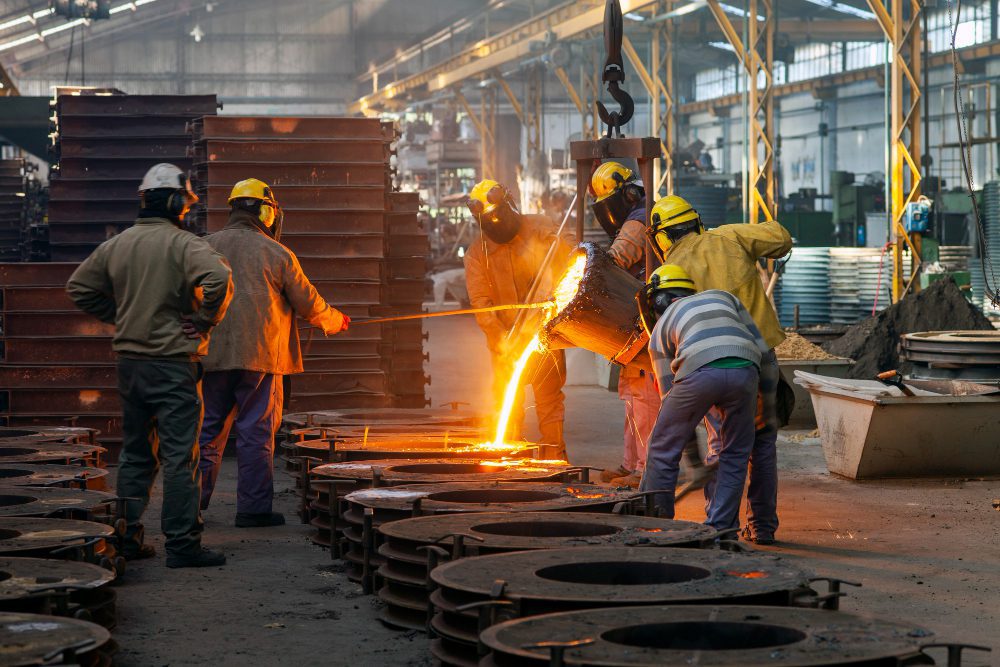Executive Summary
The Story So Far
Why This Matters
Who Thinks What?
President Trump’s administration recently announced the implementation of new tariffs on imported steel and aluminum, a decision framed as essential for national security and the protection of domestic industries and jobs. This policy shift has ignited considerable debate among economists and international trade organizations, prompting key trading partners, including the European Union and China, to review potential retaliatory measures.
Policy Rationale and Economic Concerns
The White House asserts that these tariffs are crucial for safeguarding American manufacturing and ensuring a robust domestic industrial base. This stance emphasizes the administration’s commitment to prioritizing national interests over traditional free-trade principles. However, the move represents a significant departure from decades of more open trade policies.
Critics of the tariffs argue that they could trigger a series of retaliatory actions from other countries, potentially disrupting global trade relations. There are also concerns that the tariffs could elevate costs for domestic manufacturers that rely on imported raw materials, thus undermining the competitiveness of various American sectors.
International Reactions and Future Outlook
The announcement has already elicited strong reactions from major global economies. Both the European Union and China have publicly indicated that they are evaluating their options for responding to the tariffs. These potential responses could include imposing their own tariffs on American goods, leading to a broader trade dispute.
Economists are closely monitoring the situation, anticipating that the tariffs could have far-reaching implications for the global economy. The long-term effects on international supply chains, consumer prices, and diplomatic relations remain a key area of focus for analysts.
Key Takeaways
The Trump administration’s new tariffs on steel and aluminum mark a substantial shift in U.S. trade policy, driven by national security and domestic industry protection. While aimed at bolstering American manufacturing, the policy faces significant international opposition and widespread economic concerns regarding potential retaliatory measures and global trade disruption.








